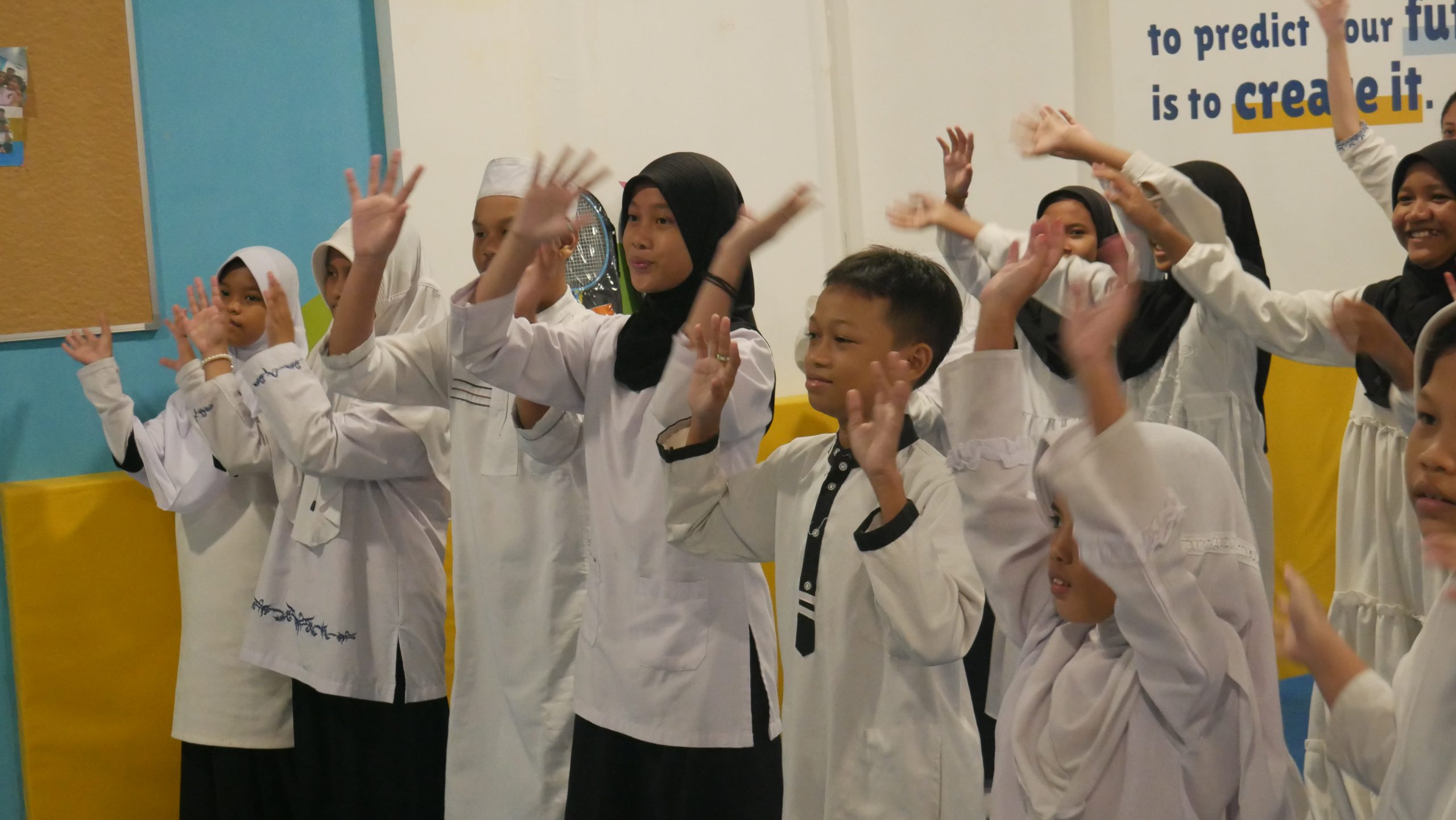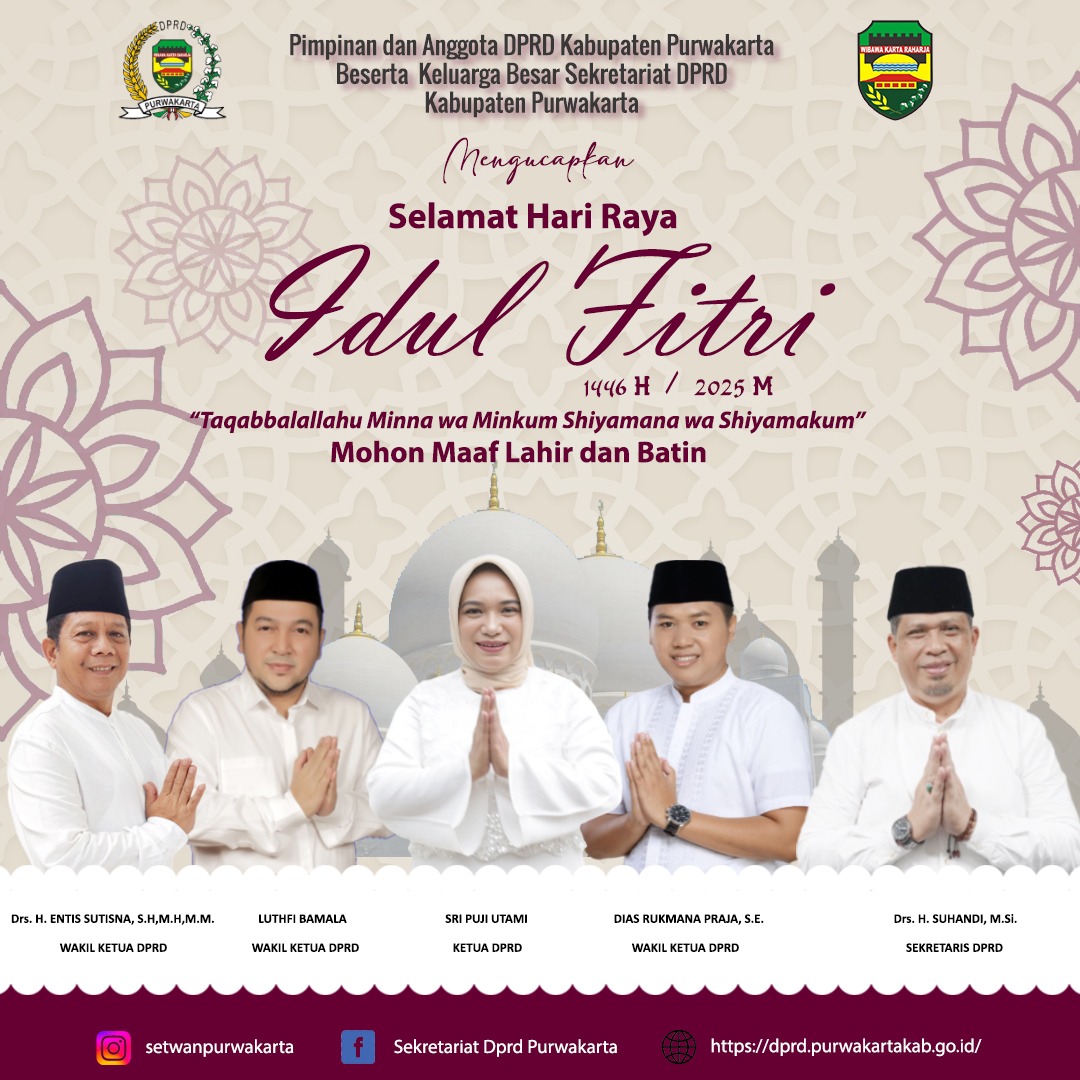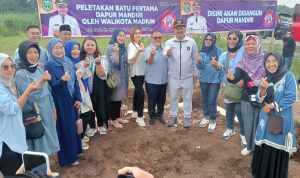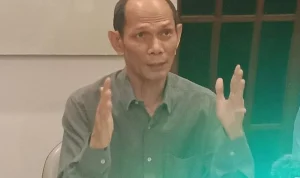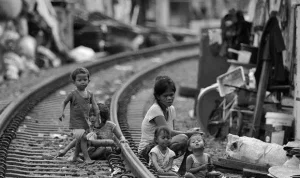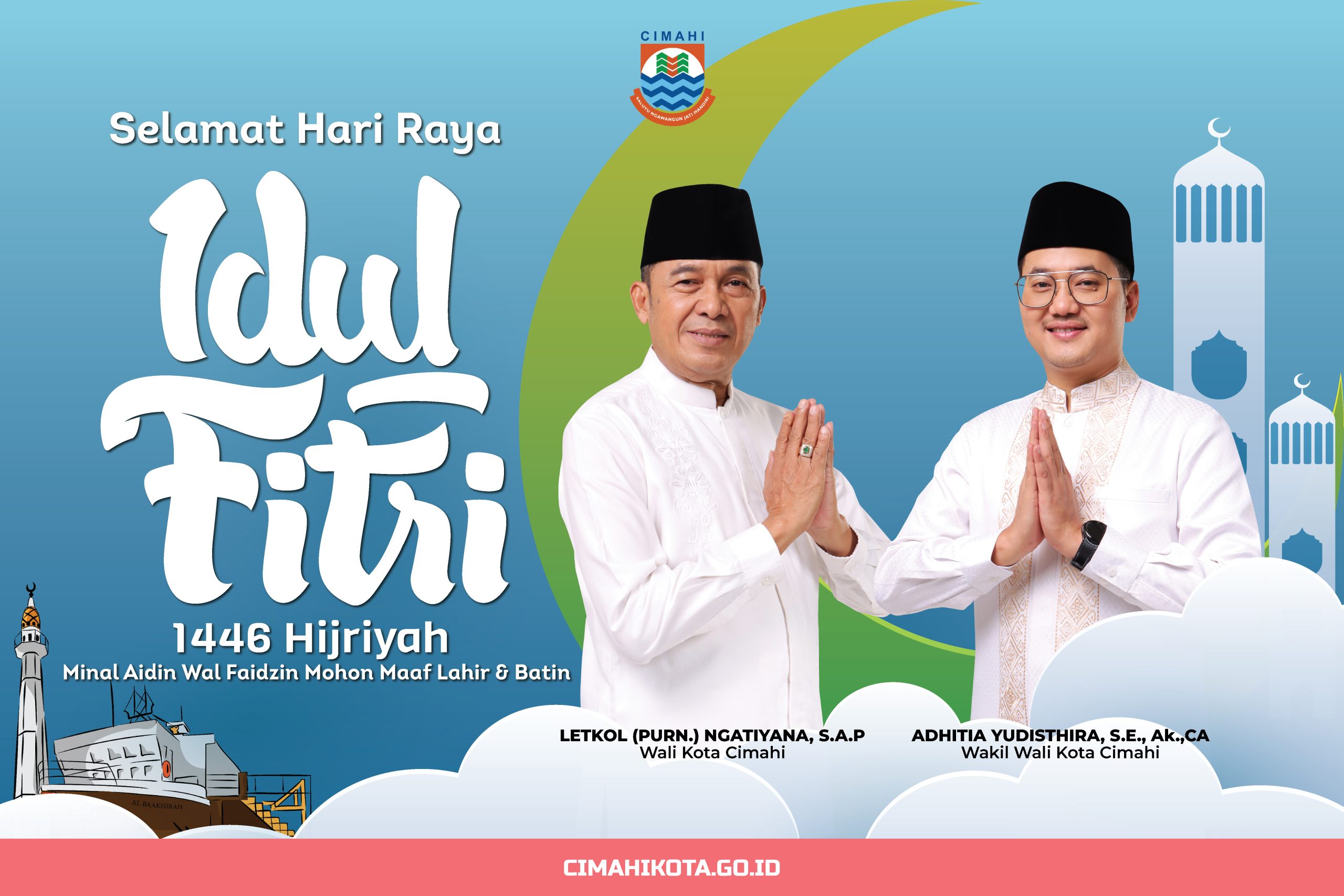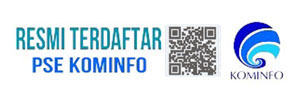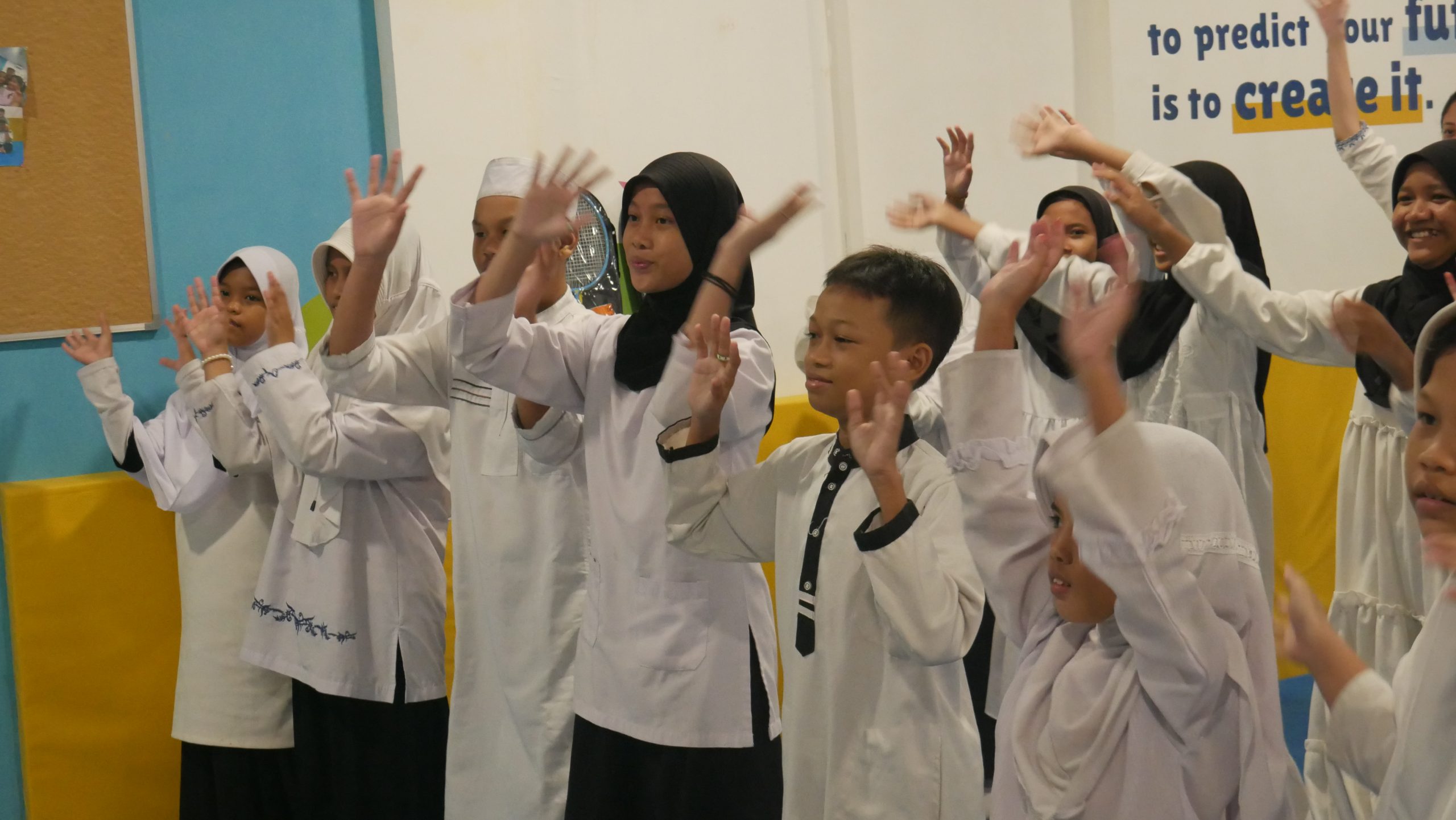
Jakarta. April 8, 2024. Enthusiastic smiles adorn the faces of children from orphanages as they visit the learning facility of Cakap Kids Academy (CKA) in the Daan Mogot area of West Jakarta. These children attend the CKA Berbagi (CKA Sharing) program during Ramadan , which is part of the Cakap Untuk Bangsa program series.
“I really enjoyed it. We got to draw and even play soccer,” stated Rizki (12), one of the children from the Uswatun Hasanah Foundation who attended.
Drawing is one aspect of the Cakap Kids Academy Sharing series, designed to celebrate the holy month of Ramadan and welcome the Eid festivities. Cakap, as an educational company, feels the need to spread kindness to others through practical knowledge. This time, the focus is on emotional intelligence, which must still be introduced to certain groups.
For some people, including children, it’s sometimes not easy to recognize what they feel, let alone communicate it. This activity aims to equip children with ways to recognize, experience, regulate, and express emotions through art. Art not only encourages children’s creativity and imagination but also serves as a non-verbal medium for emotions that are difficult to express in words. The expected outcome is for children to recognize and express their emotions better and healthily.
“Why is this therapy important? Because all children need to be equipped with strong emotional regulation skills as a foundation for facing stress, maintaining healthy relationships, and overcoming life challenges as they grow older,” said Amelia Putri, Depth Psychotherapist from Atman Transpersonal Center, who facilitated the session.
Amelia provides easily digestible materials and therapies for children, including verbalizing emotions — the ability to name the emotions they experience — through games like “emotion masks,” the ability to “voice” their feelings and thoughts through drawings, and communication and social skills by sharing their creations with their peers. Aside from plants and pets (cats), most children from the orphanage drew houses as the object of their expression.
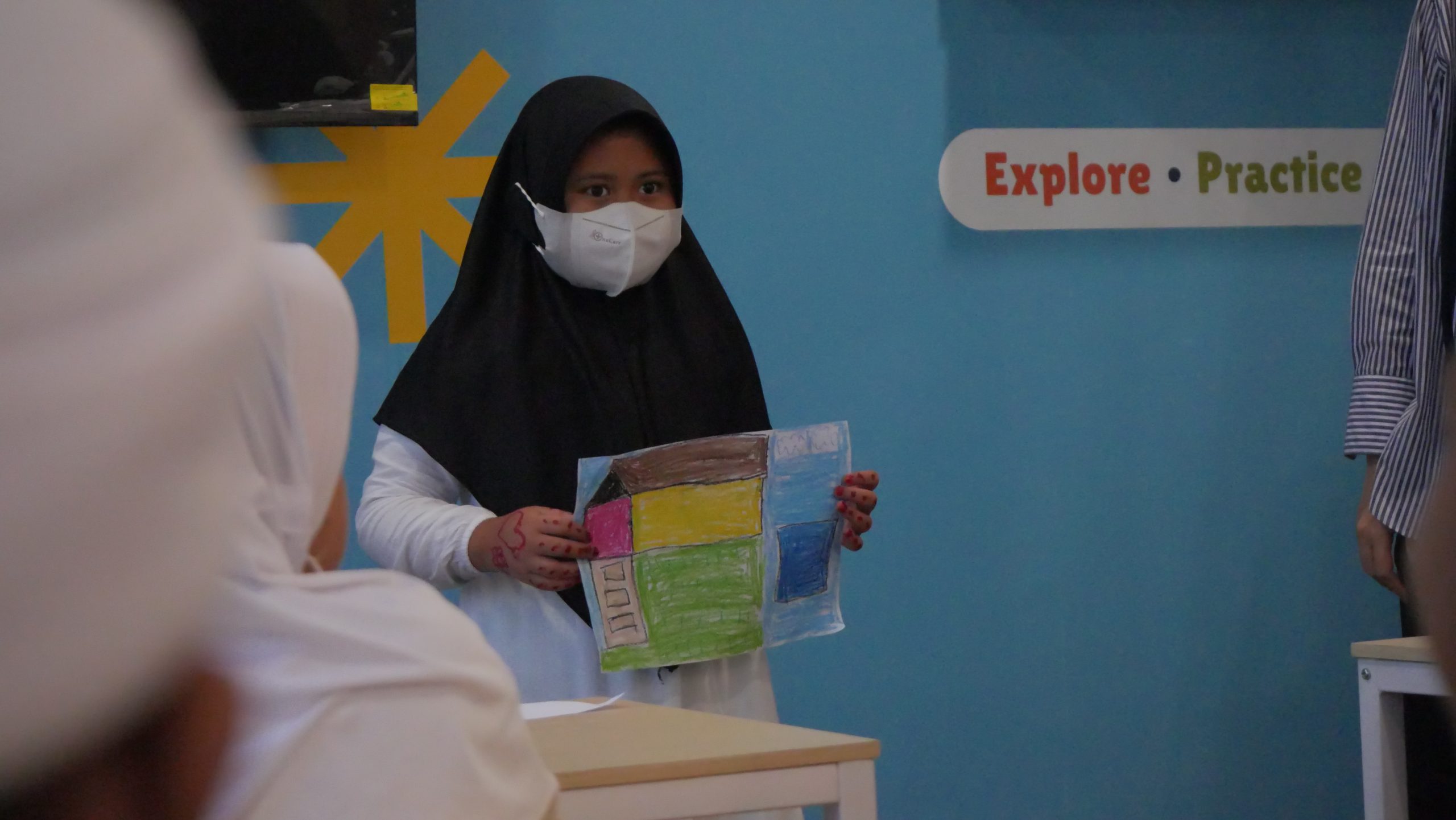
“I noticed several children drawing houses, maybe around ten children. There must be a factor that makes drawing houses their favorite ,” said Hasan, a Representative from the Uswatun Hasanah Foundation. He added that the children in their foundation have been living in the same complex of buildings, from school to where they sleep. “From the speaker (Amelia), I was informed that some of them (children from the orphanage) long to live in a home with a family like other children normally do,” Hasan added, representing the feelings of the children from the orphanage expressed through their drawings.
Cecillia Ong, Chief Operating Officer of Cakap, stated that this sharing activity is not just limited to material donations such as wearable clothing but goes beyond that, aiming to help develop the potential of children, including those in orphanages. “As part of the Cakap Untuk Bangsa program, we seek to tap into children’s emotional intelligence through character-building activities and upskilling. Hopefully, the benefits received can have a more sustainable impact on the development of these children,” said Cecillia.
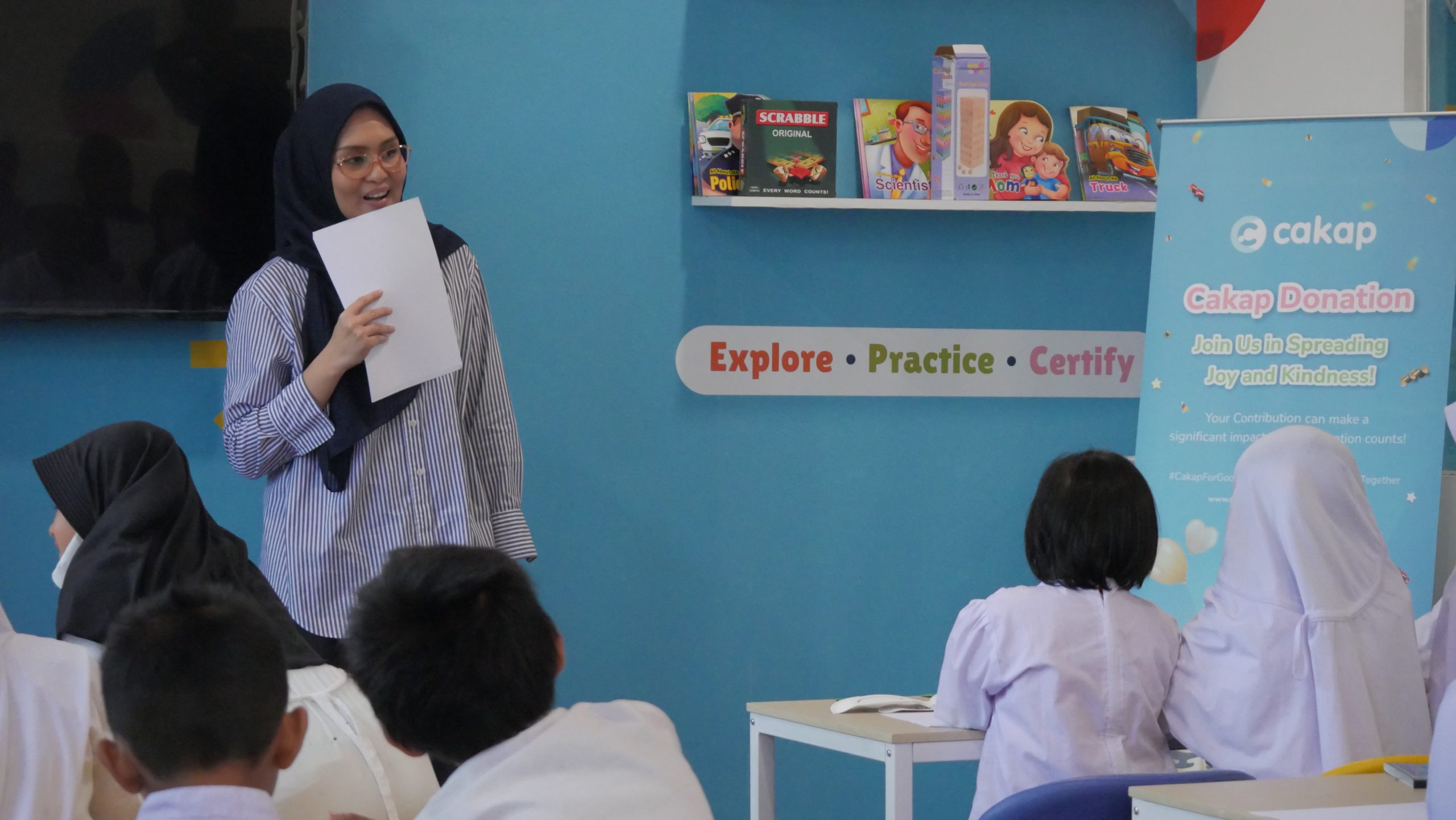
The event concluded with donations of clothing, books, and educational toys. Cakap, with its learning resources for children, continuously embodies values in the principles of sustainable development, including point 4 on quality education and point 10 on reducing inequality. These two values were manifested in the CKA Sharing activity.


